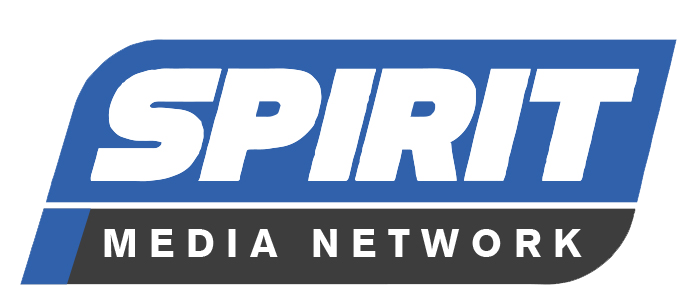(FROM THE NCAA WEBSITE. THIS STORY IS COURTESY OF THE NCAA, AND THE ATTACHED PDF INFRACTIONS REPORT IS ALSO COURTESY OF THE NCAA)
The Florida football program violated NCAA recruiting contact rules on two occasions, and the head coach did not promote an atmosphere of compliance, according to an agreement released by the Division I Committee on Infractions.
The university, the head football coach, an assistant coach and NCAA enforcement staff agreed that the assistant coach and head coach had impermissible in-person contact with a prospect when they met with a prospect’s high school coach while the prospect was in the room. At that meeting, the Florida coaches expressed an interest in recruiting the prospect. Leading up to that visit, the head coach sent the prospect texts about his upcoming visit to the high school and his interest in recruiting the prospect. NCAA rules were violated because off-campus recruiting contacts are not allowed until after a football prospect’s junior year of high school. The violations were Level II.
According to the agreement, members of the coaching staff also had impermissible contact with approximately 127 prospects when seven nonscholastic football teams visited the campus and toured the football facilities on their way to a tournament in Tampa. The assistant coach had incidental impermissible contacts with several prospects. The violations were Level III.
The head coach agreed that he did not promote an atmosphere of compliance in light of his personal involvement in one of the violations.
This case was processed through the negotiated resolution process. The process was used instead of a formal hearing or summary disposition because the university, the involved coaches and the enforcement staff agreed on the violations and the penalties. The Division I Committee on Infractions reviewed the case to determine whether the resolution was in the best interests of the Association and whether the agreed-upon penalties were reasonable. Negotiated resolutions may not be appealed and do not set case precedent for other infractions cases.
The university and the enforcement staff used ranges identified by the Division I membership-approved infractions penalty guidelines to agree upon Level II-mitigated penalties for the university. The enforcement staff also used the guidelines to identify agreed-upon Level II-standard penalties for the head coach and Level II-mitigated penalties for the assistant coach. The report contains the full list of penalties as approved by the Committee on Infractions, including:
- One year of probation.
- A $5,000 fine.
- Reduced fall 2019 evaluations from 42 to 21.
- Reduced football evaluation days by 12 for the 2018-19 academic year.
- Restrictions on all recruiting telephone calls with football prospects from April 15 through May 31, 2019.
- A reduction in the number of football official visits during the 2019-20 academic year by one and in the number of unofficial visits during the 2019-20 academic year by 14.
- A one-year show-cause order for the head football coach. During that period, the head coach is prohibited from all off-campus recruiting activity during the fall 2020 evaluation period and a four-day off-campus recruiting ban during the fall 2021 contact period.
- The university banned the head coach from recruiting for the first 10 days of the January 2020 contact period.
- A 30-day off-campus recruiting ban for the head coach during the fall 2019 evaluation period.
- The university ended the recruitment of the prospect.
- The university will not recruit any prospects from the high school in Seattle from the 2019-20 through 2020-21 academic years.
- A seven-day off-campus recruiting ban for the entire football coaching staff during the spring 2021 off-campus recruiting period.
- A 30-day off-campus recruiting ban for the assistant coach in October 2019 and a three-day off-campus recruiting ban for the January 2020 contact period.
- One-on-one rules education for both the head coach and assistant coach regarding NCAA contact and evaluation rules.
If an opportunity to serve a penalty will not be available due to circumstances related to COVID-19, the penalty must be served at the next available opportunity.
Members of the Committee on Infractions are drawn from the NCAA membership and members of the public. The members of the panel who reviewed this case are Carol Cartwright, chief hearing officer for the panel and president emeritus at Kent State and Bowling Green; Sankar Suryanarayan, university counsel at Princeton; and Sarah Wake, associate general counsel at Northwestern.
